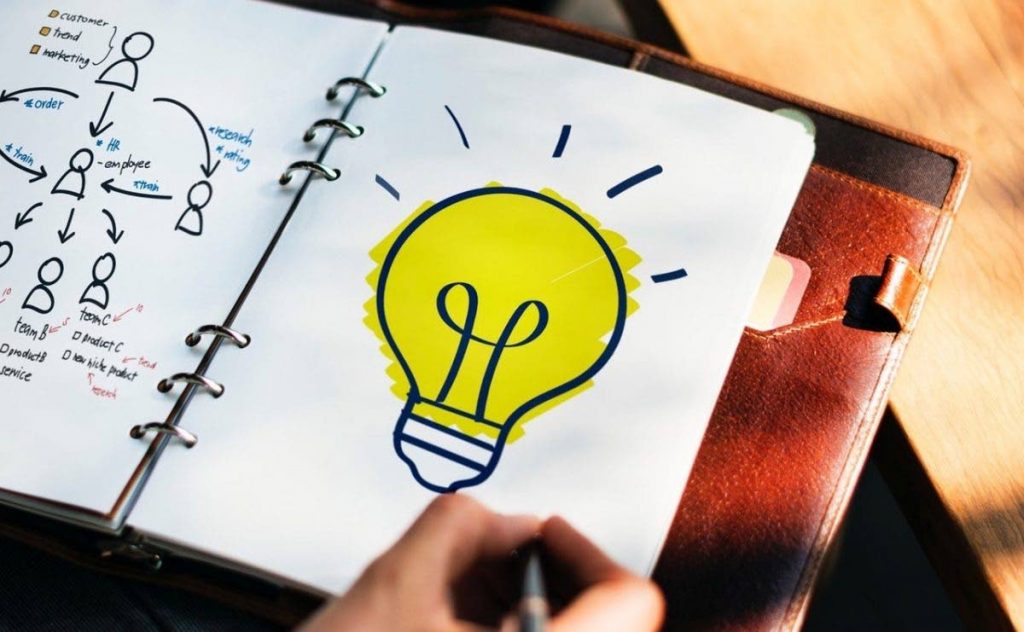It’s time to revisit the Start-Up of You

In 2012 Reid Hoffman and Ben Casnocha published a book called The Start Up of You. The positioning statement read: adapt to the future, invest in yourself, and transform your career. Nine years later, this is no longer optional. It is imperative that you become more flexible and adaptable and if you weren’t already doing so – begin investing heavily in yourself.
If you are still in the camp of returning to normal, or still seek comfort in listening to the international media, whose message is that businesses are “returning to pre-pandemic levels” – I’ve got news: there have been obvious and profound changes that have occurred since covid19 that have gained traction, such as remote meetings, take-out and curb-side food pick up even for high-end restaurants, and career reevaluations but there are some other learnings too.
In his Monday morning memo, Alan Weiss, referred to as the Million Dollar Consultant®, summarised learnings since covid19:
“We've learned some things that we ought to retain, such as entertainment at home is better than dirty, noisy theatres, and that we don't need to assemble 400 people in a convention so that they can lie to each other about how well they're doing. We've learned about some things that we ought to jettison permanently, such as polarisation, which even the pandemic couldn't overcome, and obsessive competition, which should give way to more collaboration (hoarding is simply stupid). And we've learned there's a need to acquire some things many of us didn't possess sufficiently, such as financial reserves, latitude of action, and support networks.”
Many people have been forced to either think about starting side-gigs themselves or starting a business from scratch based on what they think they can market or sell, whether it is a product or service. But shouldn’t we be just as invested in building ourselves as we would any company?
In order to build ourselves we simply cannot wish for transformation or hope that our lives will be altered through circumstance. We need to examine our patterns and the choices we’ve made. With courage we need to ask questions and make adjustments, hanging on to what works, and leaving behind what no longer works in our lives.
We are all entrepreneurs if you think of it like Muhammad Yunus, Nobel Peace Prize winner and microfinance pioneer does: “All human beings are entrepreneurs. When we were in the caves, we were all self-employed … finding our food, feeding ourselves. That’s where human history began. As civilization came, we suppressed it. We became “labour” because they stamped us, “You are labour.” We forgot that we are entrepreneurs.”
To paraphrase author of the Daily Stoic, Ryan Holiday, just like a start-up, we began as just an idea. We were incubated and then put out into the world where we slowly over time accumulated partners and started earning for ourselves. Why wouldn’t we treat our own lives as seriously as we would a business idea?
Reid and Casnocha asked this question then “Why the start-up of you?” and their answer is still relevant. “When you start a company, you make decisions in an information-poor, time-compressed, resource-constrained environment. There are no guarantees or safety nets, so you take on a certain amount of risk. The competition is changing; the market is changing. The life cycle of the company is fairly short. The conditions in which entrepreneurs start and grow companies are the conditions we all now live in when fashioning a career. You never know what’s going to happen next. Information is limited. Resources are tight. Competition is fierce. The world is changing. And the amount of time you spend at any one job is shrinking. This means you need to be adapting all the time. And if you fail to adapt, no one — not your employer, not the government — is going to catch you when you fall.”
You really don’t know what’s going to happen next do you? You cannot wait – not on your employer or the government. These times call for us to develop self-reliance. We need to build our resilience muscle, dig in and push through to ensure that we find our place and anchor in a way that elevates us financially. We need to not only be paid what we’re worth but maximise our earning potential.
Alan Weiss asks: “You want to return to normal?” This is a rallying cry for complacency. If this isn't a time for reflection, prudent risk-taking, and innovation, I don't know what is. If you can't do this independently, get help. Because rest assured, there will be another microbe, another calamity, and another abyss that will come without warning. You can take time now and prepare. Figure out your best strategic advantage and rebuild you and your earning potential on a solid foundation in a way that you can handle any economic climate, be resilient enough to not have to lean too heavily on a single project or client, and autonomous enough to let you build a life around your work.
Here’s a great place to start. Visit www.purple-marketing.com to get your free guide How to Maximize your Earning Potential. No name or email address required. You have nothing to lose, and everything to gain.


Comments
"It’s time to revisit the Start-Up of You"